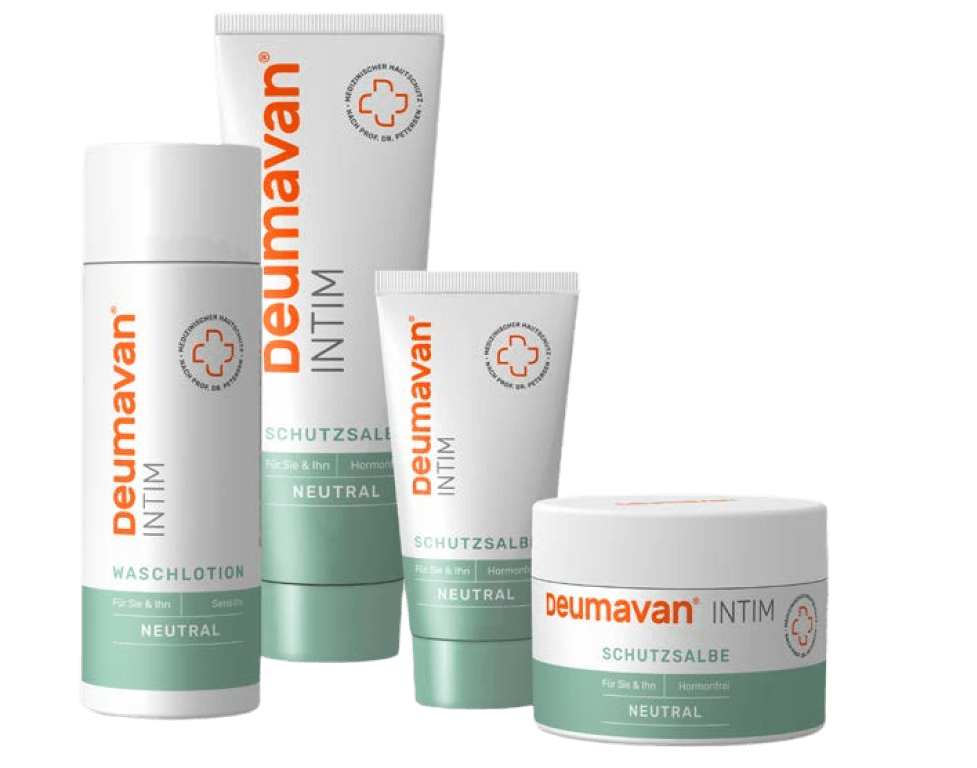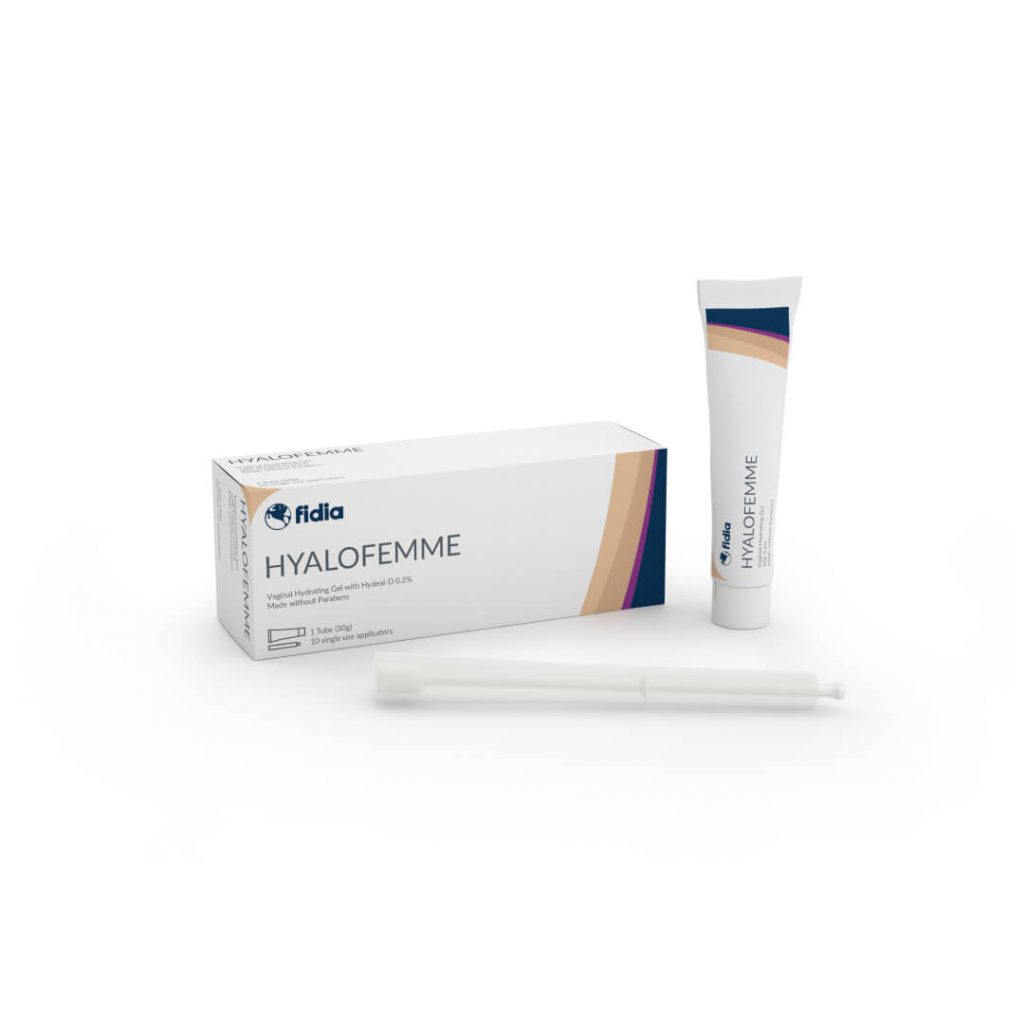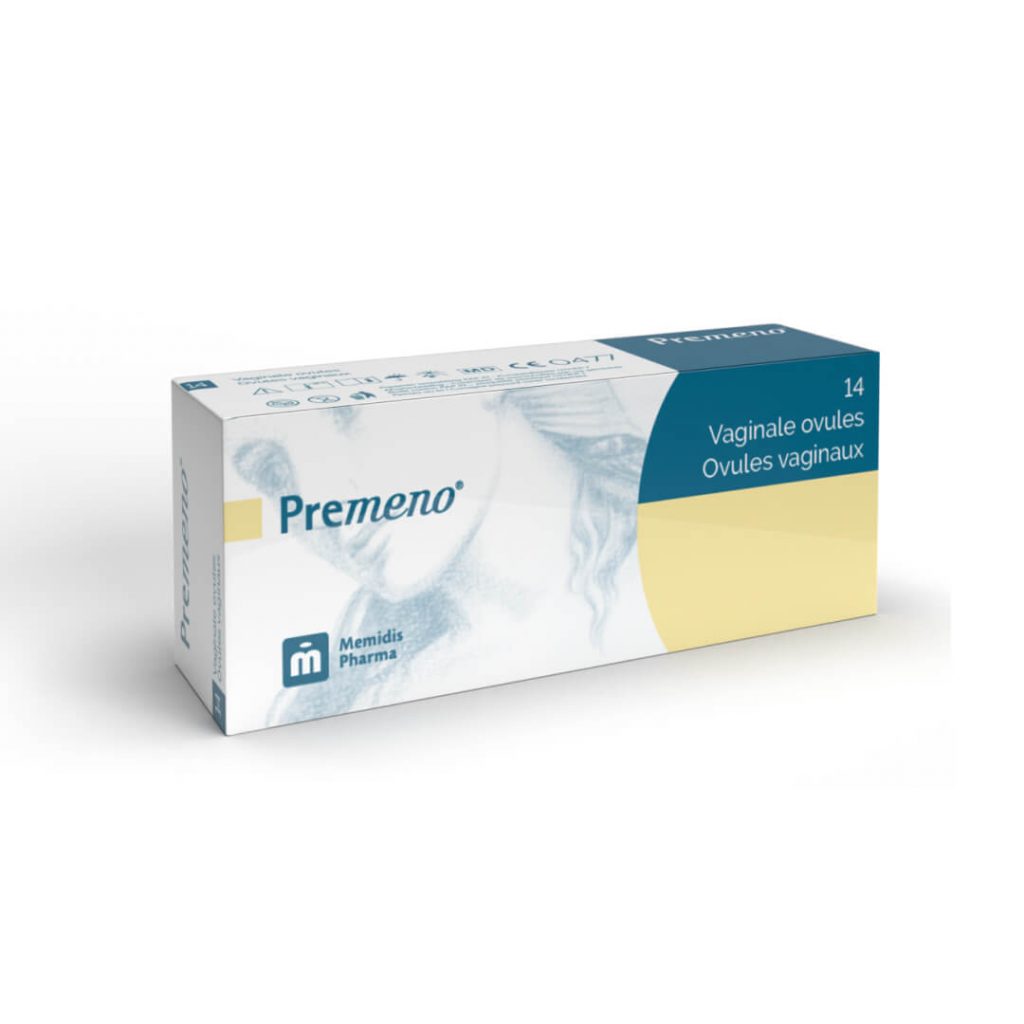Vaginal atrophy
Vaginal dryness is a common and unpleasant problem that affects women of all ages. Diabetes, stress, treatment for conditions such as ovarian cancer or breast cancer, menopause, and breastfeeding can all be causes of vaginal dryness.
Vaginal dryness during menopause
Due to the changing hormonal balance during and after menopause, vaginal dryness occurs. This is a normal and natural process. The production of the hormone estrogen decreases significantly. As a result, the vaginal tissue and epithelial layer become thinner, drier, and less elastic. Symptoms such as itching, burning, vaginal dryness, pain, painful intercourse, and redness of the labia are consequences of this. Moreover, the tissue becomes more susceptible to vaginal infections.
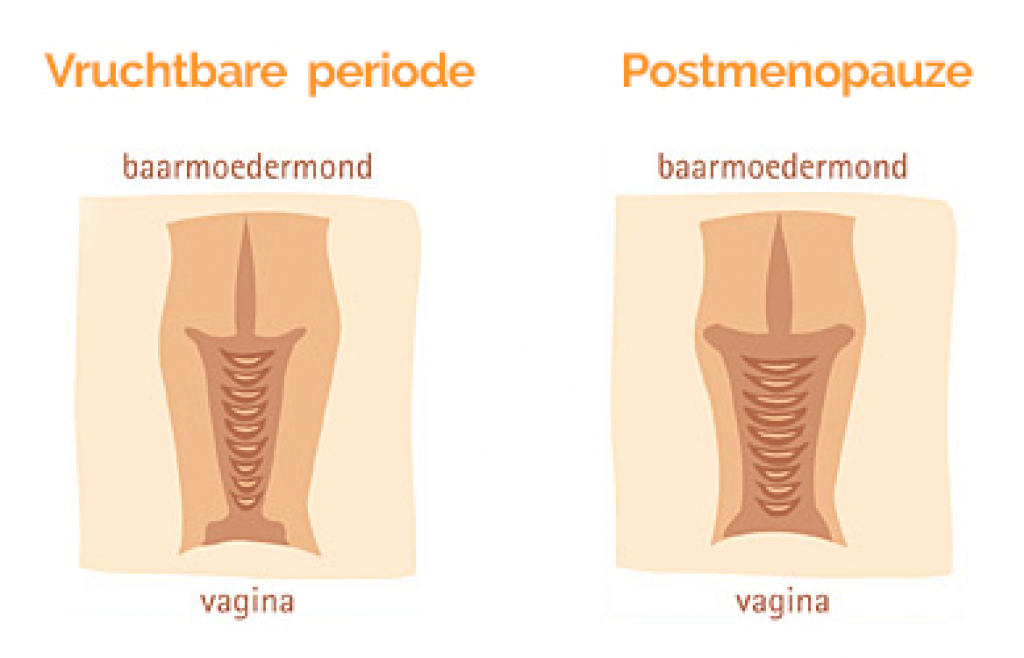
Skin barrier
The skin of the vulva also becomes thinner, and the numerous sebaceous and sweat glands lose (part of) their function. This causes the skin to become drier and less resistant. This is also called a damaged skin barrier. Typical complaints are a burning sensation, itching, and pain in the vulva. Moreover, the damaged intimate skin can react extremely painfully to mechanical stress such as during intercourse, from underwear, or even from rough toilet paper. This can lead to small, very unpleasant wounds.
Vaginal dryness in different periods
Under the influence of decreasing estrogen hormone, the amount of another important component, Hyaluronic Acid, in the vaginal tissue also decreases during the menopausal years.
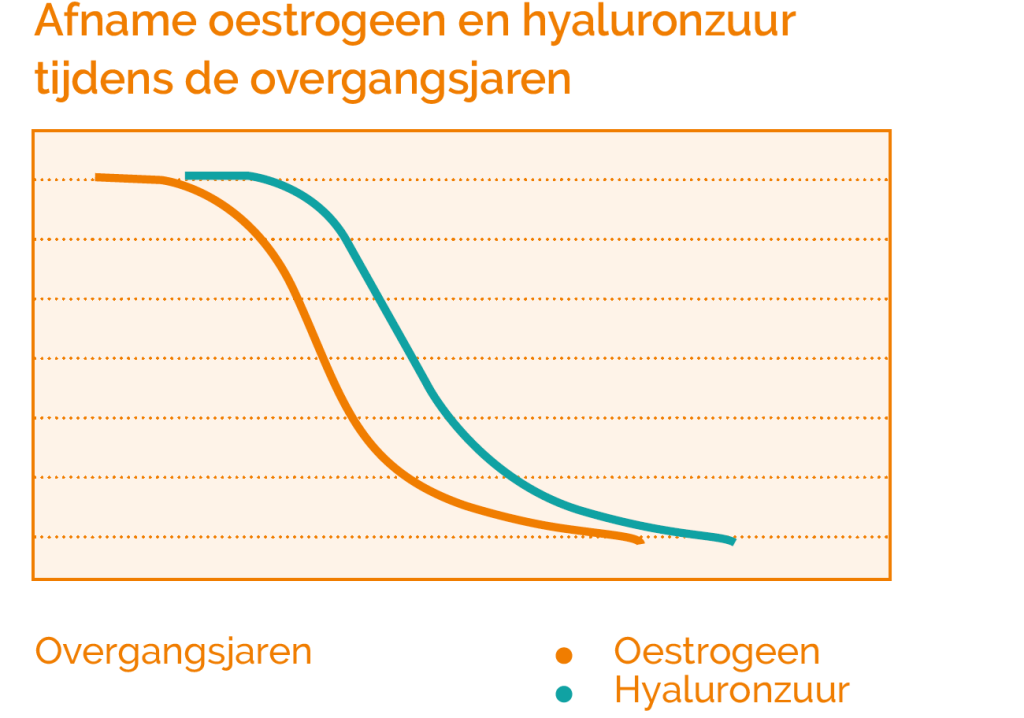
Here are some facts about vaginal dryness:
- In large studies, vaginal dryness occurs in up to 55% of women during menopause.
- It was previously assumed that a decrease in vaginal moisture content only occurred many years after menopause. Current insights, however, show that it can also be a problem early in the menopausal years.
- Insufficient vaginal lubrication occurs in 25% of women in perimenopause and up to more than 50% in postmenopausal women in their fifties. It is experienced as equally bothersome as the more recognizable menopausal symptoms such as hot flashes and sweating.
- Unlike other menopausal symptoms, vaginal dryness only increases with advancing years, and complaints will worsen.
- Insufficient vaginal lubrication often leads to itching, irritation, burning sensation, and pain during urination.
- Vaginal dryness is rightly associated with problems during intercourse due to a lack of lubrication (gliding ability), but in postmenopause, it is also a frequently heard complaint apart from sexual intercourse.
Use of Deumavan is recommended.
Deumavan ointment can be used as a support for dryness and roughness of the external skin in the intimate area. Deumavan prevents irritation and damage to (very) sensitive skin. You can use the ointment as often as you wish. Deumavan protective ointment prevents irritation and damage to (very) sensitive skin. The ointment contains high-quality paraffins that cover the skin with an effective protective layer. Deumavan protective ointment has been specially developed for this purpose.
Deumavan is a care product that keeps the intimate skin in optimal condition. But Deumavan protective ointment does not solve the causes of a dry vagina.
Are you looking for treatment for this? Choose from Premeno hormone-free ovules or Hyalofemme vaginal gel.

